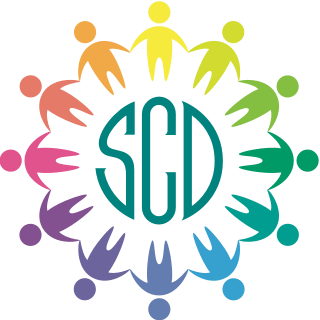Join our research team!
Prospective PhD Students
I am likely to accept a student during the 2024-2025 application cycle. I would also be open to working with or co-advising a student admitted to work primarily with another faculty member, so applicants in that position may want to reach out.
My central interest these days is in the psychological understanding of social reality and how social interaction can be understood via an analysis of social institutions, which I understand as complex interlocking sets of social roles and their governing norms. More specifically, recent work has focused on social artifacts like money, identification cards, and borders, as well as social roles such as judges, presidents, and officiants and their attendant powers to affect change in the world. All these entities have genuine and objective causal powers, but their powers are not reducible to intrinsic properties of the objects or people, rendering them somewhat mysterious. Children seem to take a while to grasp the causal structure of these things—why? And what actually underlies their cultural stability? Papers with former graduate student Alexander Noyes, available on the publications page, can give you more of a flavor of what we’re up to here, but newer directions include: how we create casually efficacious social kinds and social institutions; whether these things are better thought of as acts of collective intentionality versus as patterns of coordinated and incentivized social behavior; how we might think and act differently depending on whether we think of of someone as an individual, a social “kind”, or an occupier of a social role; and how these institutional structures intersect with systems of power that can both constrain and enable social change. These topics all intersect with work on normativity and conventionality, as well as questions of how people infer social structure from sparse interactions and how power and hierarchy affects our lives. I expect to engage with them through conceptual analysis, human behavioral experiments, and computational modeling. A recent (long!) paper discussing these topics, co-authored with my colleague and collaborator Julian Jara-Ettinger, is available here.
All that said, the lab still works on a variety of topics relating to more classic intergroup phenomena, including issues relating to cooperation, fairness, implicit and explicit attitudes, and social coordination, so if you have keen interests in these areas you might still be a competitive applicant, especially if you can identify another Yale faculty member you are also interested in working with.
Thanks for your interest! More information including details of how to apply is available at the Psychology Department Graduate Program.
Semester Research Assistants (Yale Undergraduates)
Research Assistants Applications are now CLOSED for Spring 2025.
Joint Lab Manager Position in Social Cognition at Yale University (starting summer 2025)
The Yale Social Cognitive Development Lab (PI: Yarrow Dunham) and Computational Social Cognition Lab (PI: Julian Jara-Ettinger) are hiring a joint lab manager to begin mid-summer (on or around July 1, 2025). The position is full-time with benefits. A two-year commitment is strongly preferred (and is extendable beyond two years contingent on funding and mutual interest). The successful candidate will help to coordinate multiple research programs across the two labs, including experimental and developmental work.
To apply, please complete this form. The form requires a cover letter, a resume or CV, and the names and email addresses for two academic or professional references. Full consideration will be given to all applications received by 11:59pm EST on March 1st, 2025. The position will ultimately be filled through Yale University’s internal Human Resources process; strong candidates will be encouraged to submit their application to Yale after an initial review. Women, LGBTQ+, and underrepresented minority applicants are encouraged. Yale University is An Equal Opportunity/Affirmative Action Employer.
See here for a file with more information about both labs and the position. Please email Rui Zhang at rui.zhang.rz378@yale.edu if you have any questions.

